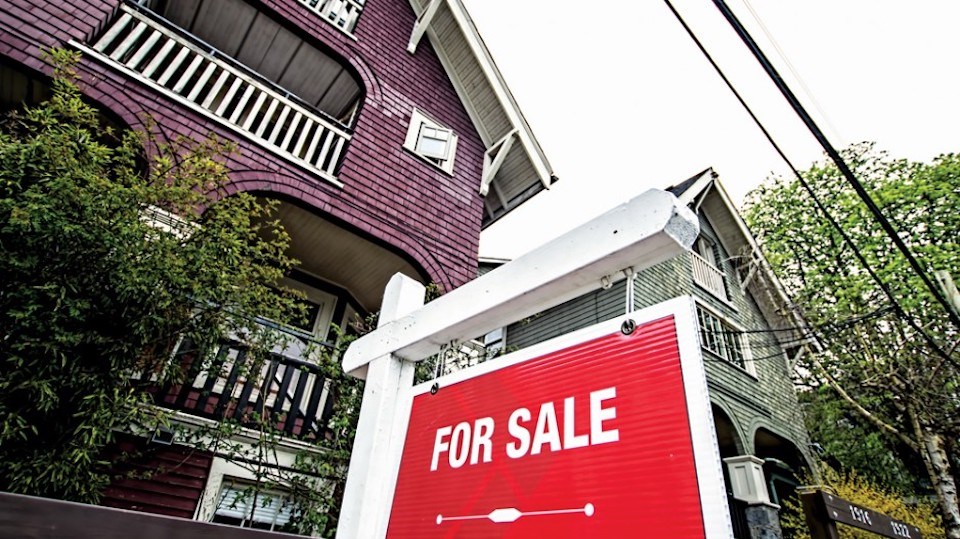After feasting on historically low mortgage rates for nearly 15 years, homeowners are facing a famine of sorts as the Bank of Canada takes measures to tamp down on inflation.
“There will be a new normal. I think we are going to expect that rates are going to rise and lots of people will just have to stomach it until they can’t,” said Nico Wong, a financial adviser with BlueShore Financial.
“If you have a mortgage, it’s going to get more expensive. And depending on the product that you have, it’s already more expensive or it will get more expensive. And that’s really dependent on if you’ve got a variable or fixed[-rate mortgage].”
The Bank of Canada is growing more aggressive with rate-hikes, having raised the key rate 50 basis points earlier this month. The country’s biggest banks immediately followed suit, hiking prime rates for borrowers, and economists at BMO (TSX:BMO) are now forecasting two more 50-basis-point hikes in June and July.
The central bank’s efforts to gain some control over surging inflation, which reached a 31-year high of 6.7 per cent in March, is poised to squeeze homeowners who may not have calculated such rapid hikes into their expenses.
“At this point in time, where everybody knows or expects rates to rise, it’s hard to sell variable products,” Wong said, adding that some clients are facing monthly payment increases of up to $500.
He said more clients, fearing rates will continue to surge this year, are now reaching out to get pre-approvals for mortgages.
Mike Schilling, CEO of Community Savings Credit Union, said priorities will also change depending on whether the buyer is purchasing a home to live in or is making an investment.
Multiple-property ownership accounts for 29 per cent of B.C.’s housing stock as of 2020, according to Statistics Canada.
Schilling said homebuyers will be veering towards fixed rates over variable rates so that they can better plan their expenses, even if fixed rates are higher.
While rates may have been at historic lows over the past two years, Schilling said the end result is that many first-time buyers have been priced out of the market.
Even if higher mortgage rates have a chilling effect on the housing market, average prices in B.C. reached $1.096 million for a home in March – up 15.7 per cent from a year earlier.
And Wong said qualifying for a mortgage is now going to be that much more difficult for first-time buyers.
Last year a client landed what Wong described as a “relatively modest” fixed-rate mortgage at 1.79 per cent.
“If we were to renew today, he’d be going to 3.79 per cent. So that’s a two per cent increase in his in his rate – that’s quite significant.”



